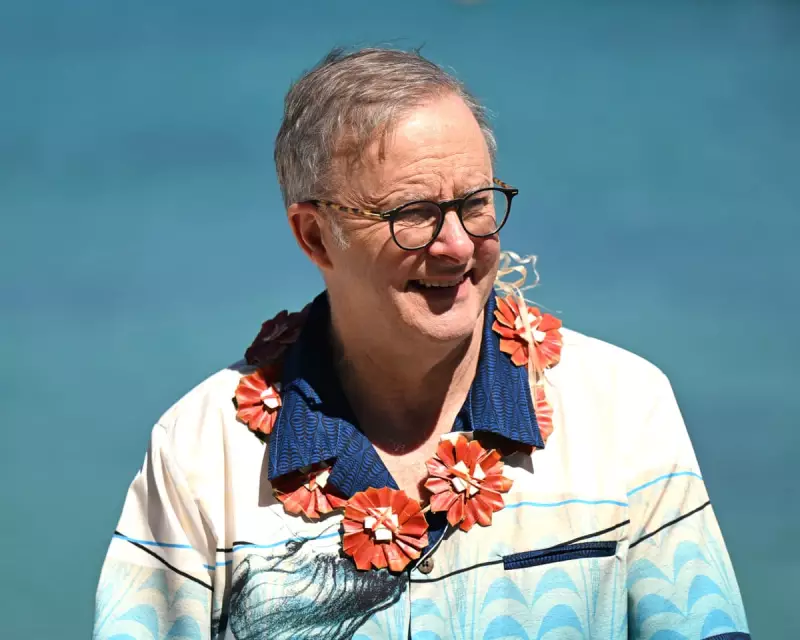
In a significant policy shift, Australian Prime Minister Anthony Albanese has announced that his nation will not stand in the way of Turkey hosting the crucial COP31 climate summit, putting the urgent needs of Pacific Island countries ahead of Australia's own ambitions.
The declaration, made as climate talks in Brazil entered their final stages, aims to break a diplomatic deadlock that threatened to see the 2026 event relegated to Bonn, Germany – a move Mr Albanese warned would send a poor signal for global climate action.
The Hosting Impasse and its Global Consequences
Under United Nations consensus rules, the continued rivalry between Australia and Turkey for hosting rights would automatically force the conference to be held in Bonn, the home of the UN's climate agency. Speaking during a visit to Perth, the Prime Minister conceded that this default outcome was not in the world's best interest.
"The way that the system works is that if there is not agreement, and there’s more than one candidate, it goes to Bonn," Mr Albanese explained. He expressed widespread international concern that such a move would undermine the unity required for decisive global action on climate change.
While Australia's bid, championed by Climate Change and Energy Minister Chris Bowen, envisioned hosting the event in Adelaide in partnership with Pacific nations, the Prime Minister signalled a pragmatic retreat. "If Australia is not chosen, if Turkey is chosen, we wouldn’t seek to veto that," he stated.
Australia's Conditions and Continued Negotiations
Despite stepping back from a potential veto, the Australian government was quick to clarify that the race is not over. A government spokesperson insisted later on Tuesday that Turkey should not block Australia's bid, just as Australia would not block Turkey's if the roles were reversed.
Australia is negotiating for key concessions, including a standalone leaders' meeting to be held in the Pacific and increased financial commitments to a fund for climate change resilience. This fund is designed to assist poorer nations, many of which are Pacific islands, facing the most severe impacts of climate damage.
The diplomatic efforts have been intense. Minister Bowen has pursued a dogged strategy, even lobbying Turkey's first lady, Emine Erdoğan, a known environmental campaigner, on the sidelines of the United Nations general assembly in New York.
The Stakes and the Path Forward
The hosting tug-of-war carries high stakes. Australia has secured at least 23 votes within the critical 28-country Western European and Others group, whose turn it is to host the summit. However, Turkey's President, Recep Tayyip Erdoğan, has so far refused to withdraw his country's bid to host the event in the resort city of Antalya.
The event is expected to cost more than $1 billion to stage and is understood to have had mixed support within the federal Australian cabinet. A potential meeting between Prime Minister Albanese and President Erdoğan on the sidelines of the upcoming G20 summit in South Africa could be pivotal in resolving the standoff.
For now, Australia's position is clear: while it continues to campaign for its own bid, it will not let a diplomatic stalemate jeopardise the global cooperation needed to address the climate crisis, particularly for its vulnerable Pacific neighbours.





